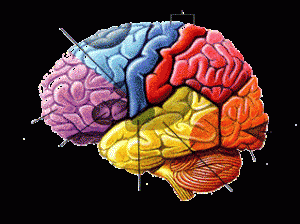The New York Times and News Regarding the Brain on Any Given Day
by Evander Lomke on

The New York Times covers issues of the brain that AMHF probes every day.
One of the world’s largest publishing houses was named by co-founder Bennett Cerf Random House. The name describes the true nature of trade-book publishing. (In fact, one publisher goes one better, calling itself Serendipity Press.)
It is an interesting word: Random. Many of a philosophic or theological disposition believe nothing in life occurs randomly: that there is a cause for each effect, and all depends on recognizing and understanding the cause.
By accident or design, to take a random issue of the New York Times, on August 22, 2014, one read the following:
Roger Cohen, “Patient 9413”, on his mother’s struggles with “bipolar illness and the mystery, shrouded in taboo, which preceded it.”
Letters to the Editor, from clinical professor of psychiatry at Mount Sinai School of Medicine, Jack Hirschowitz, and psychoanalyst and author of Experiences of Schizophrenia, Michael Robbins, regarding an op-ed piece of August 13, 2014: “Perpetuating Schizophrenia’s Stigma.”
The American Mental Health Foundation, in conjunction with Astor Services for Children & Families, is completing a two-year study of at-risk youth and schizophrenia. AMHF is also keenly interested in youth and the mysteries of autism. This foundation is at the forefront of issues deemed newsworthy by the most-influential newspaper in the world.
AMHF urgently seeks your financial support to keep its programs going and to help end the social stigma connected to mental illness: to understand the logical-if-mysterious cause-and-effect workings of the human brain.








 Host Companion
Host Companion